A Time of Reckoning
In the last 12 months, a significant literature of ‘recovery’ from Covid-19 has emerged. Overwhelmingly, the premise of this literature has been that the pandemic is (or could be) a turning point. The crisis has caused great suffering. It’s revealed our vulnerability to pathogens emerging from a natural world under stress, as well as pervasive inequalities that shape people’s life prospects within and among nations. Yet precisely because of its profound disruption of ‘normal’ life, it has also seemed to offer the opportunity to reform (even transform) dysfunctional social, economic, political and ecological dynamics. Governments, policy makers and activists have all spoken of ‘building back better’ and of a ‘green recovery’. At least, that was the hope a year or so ago.
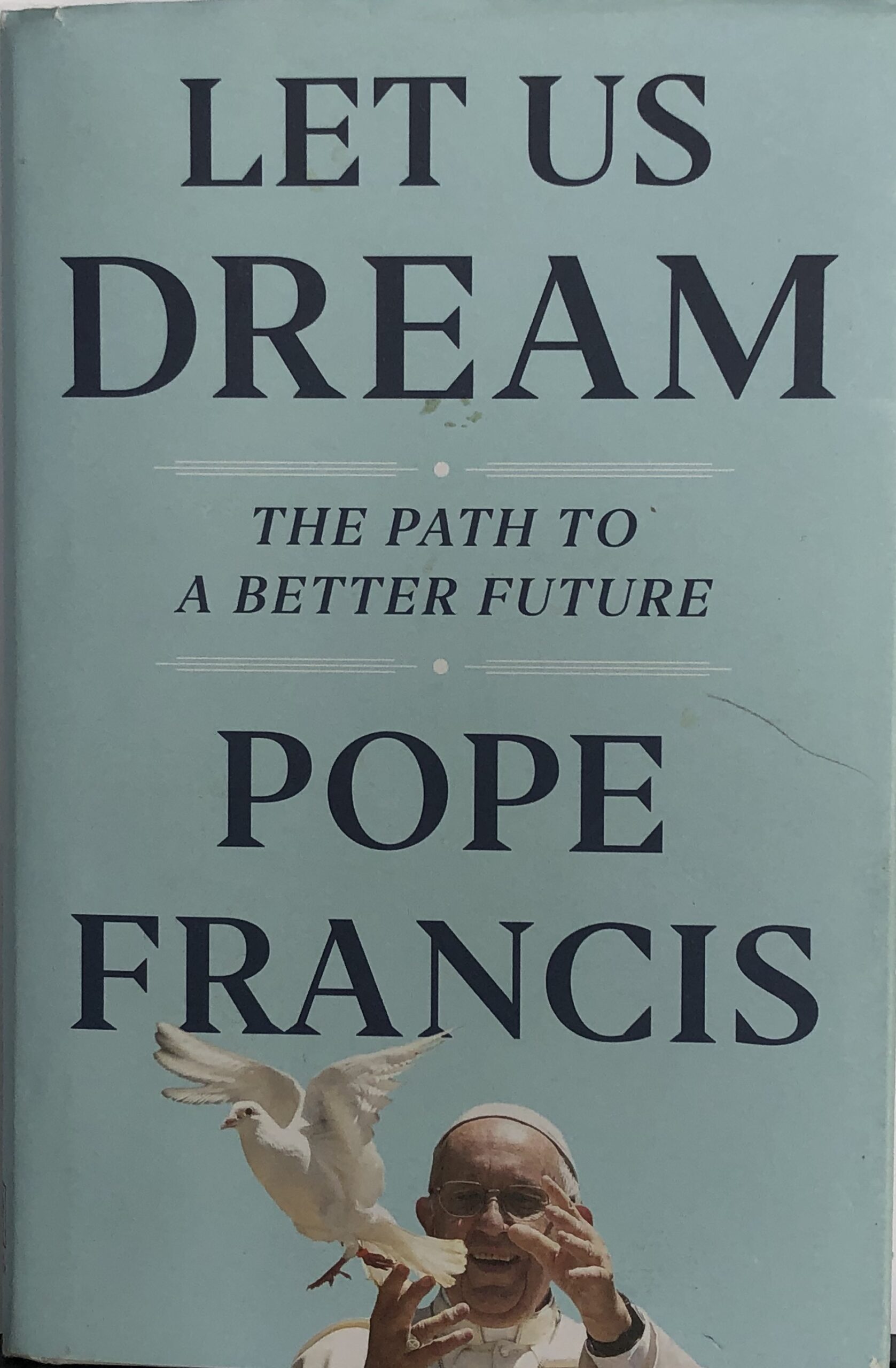
Pope Francis’s book, Let Us Dream: The Path to a Better Future, belongs to this genre. It too speaks of the Covid-19 crisis as a time of ‘reckoning’ and expresses the hope that our societies might emerge changed for the better. At the same time, however, the pope is under no illusion about the forces that press in the opposite direction, and the extent to which those ‘most invested in the current way of doing things’ are ‘digging in’. There are, he writes:
‘leaders talking about making a few adjustments here and there, but they’re basically advocating for the same system as before. When they talk of “recovery” they mean putting a bit of varnish on the future, touching up the paintwork here and there, but all to make sure that nothing changes’.
The question Let Us Dream seeks to confront, then, is not just what needs to change in our culture, but how such change might be enabled and sustained. What ways of being have brought us to this point? And what is the transformation of vision and practice necessary if the possibilities of this time are to be realised for the good of all? As the pope understands, these are not in the first instance technical questions about policy or technology; they are human or spiritual questions. What is human life really about? How are we rightly related to one another? How do we learn to discern reality and choose the good?
This book is written in a disarmingly simple way. The text weaves stories from Pope Francis’s own life – stories of his personal crises or ‘Covids’, his gradual ecological conversion and his commitment to the work of discernment – together with his reflections on the wisdom of tradition and the needs of the world. It seems at first reading not very systematic, not very ‘expert’. But its genius is that it testifies to and draws you into the very process it calls for: the process of conversion.
The book begins with the question of vision, of what and how we ‘see’. If we want to come out of this crisis better, says Pope Francis, we must actually open our eyes to the way things are. This involves ‘seeing’ in several dimensions at once. We must begin to see the people and places whose suffering we have refused to recognise or be touched by: the poor in our own cities, whole peoples like the Rohingya ‘consigned to the dustheap’, and the plight of the natural world. ‘You have to go to the edges of existence if you want to see the world as it is’, he writes. Next, we must learn what blocks our seeing.
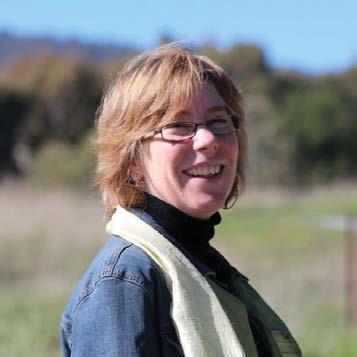
And finally, we must be able to attend to new possibilities emerging in our midst. What I also see, says Pope Francis, ‘and this gives me hope – is a people’s movement calling for profound change’. He notes an ‘eruption of fraternity’, the recognition that we belong to and need each other, and the hope that we ‘can reorganise the way we live together in order to better choose what matters’.
To realise these new possibilities, of course, we need to act. But, says Pope Francis, between ‘the first step, which is to come close and allow yourself to be struck by what you see, and the third step, which is to act concretely to heal and repair, there is an essential intermediate step: to discern and to choose’. And this focus on discernment is key. Francis is concerned with the deepening of our capacity to act wisely, in accordance with the reality of the world. ‘There is a principle worth remembering in these times’, he writes: ideas are debated, but reality is discerned’.
At the level of persons, authentic discernment involves reflection and prayer, humility and courage, thinking through ‘our decisions and actions, not just by rational calculation but by listening for God’s Spirit’. At the level of communities, he says, it requires the renewal of civic dialogue – developing and sustaining processes of mutual listening, where differences can be held in tension over time in hope of a deeper reconciliation. In this regard, Pope Francis suggests his revival of the church’s synodical process may offer a model for the deepening and renewal of political discourse more generally.
So – a time to see; a time to choose; a time to act. The major headings of this book proffer a way of approaching our crisis that speaks to the dynamic of transformative action and so contributes distinctively to the literature of recovery. And the pope grounds each of these themes in practical examples and personal experience, moving from the realm of aspiration and theory to explore what their practice might look like in different contexts. It’s powerful, honest and moving.
The question remains, however, as to how the new society, the new future many of us long for can actually break through the status quo. Almost two years into this crisis, this ‘time of reckoning’, the early surge of optimism that we could emerge differently seems to be waning. All that talk of a ‘green recovery’, and yet the COP26 Climate Conference struggled (and perhaps failed) to achieve what is necessary to avert global ecological catastrophe. Much political discourse continues to be polarising, even violent, and the poorest communities and nations continue to be disproportionately disadvantaged by Covid-19, along with everything else. So what difference, in the end, does this literature of recovery make? Is it possible for the pope’s dream to come true?
Let me offer three thoughts. First, I believe that vision itself matters. Hebrew scholar Walter Brueggemann has said that the task of prophetic ministry is to nourish and evoke an alternative consciousness to that of the dominant culture. And he goes on: evoking this alternative consciousness is energising and effective. It creates the sense ‘of new realities that can be trusted and relied upon just when the old realities had left us hopeless’. It is thus a condition of authentic newness coming to be, even when there is no clear sense of how the new world will be born. Just as the vision of the prophets of Israel helped generate new social realities out of slavery in Egypt, and out of exile in Babylon, so Let Us Dream communicates this same prophetic urgency and hope. It gives us a place to stand. But what about the question of realising the vision?
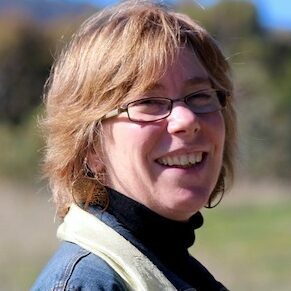
The dominant culture tends to reduce us to consumers and disconnect us from each other. This is what allows for the indifference and blindness that keeps the ‘system’ in place. If we really want a different sociality, therefore, we need to be reminded who we truly are and empowered to belong to one another in new ways. He writes: ‘This is the time to restore an ethics of fraternity and solidarity, regenerating the bonds of trust and belonging. For what saves us is not an idea but an encounter’. In this, the church (though not only the church) has a role to play, as we seek to strengthen and renew authentic human connectedness in every sphere. It’s a slow, unglamorous, patient work in which all of us may participate, but ‘on this solid foundation’, he writes, ‘we can build a better, different, human future’. And with this I agree.
Finally, permeating the whole of Let Us Dream is the concept of ‘overflow’, or what we might call ‘grace’. Pope Francis takes for granted that we human beings are not the only agents at work here. There is a prior and undergirding mercy and love whose energy we may tap into if only ‘we humbly set before God the challenge we face, and ask for help’. This isn’t, of course, about magical rescue; but it is about trusting and being available for the breaking through of a different order of reality. This is why the book concludes with an exhortation to ‘decenter’ and ‘transcend’, to listen and wait, so as to be available for the deeper movement of the Spirit. In this sense, the ‘path to a better future’ dreamed of by Pope Francis is essentially contemplative. To discern and act for the good, to embark on the pilgrimage towards a new horizon, he writes, we need ‘a healthy capacity for silent reflection, places of refuge from the tyranny of the urgent’.
Ultimately, then, the pope’s dream is grounded in the goodness and love of God. Rather than a wishful avoidance of reality, it reflects a vision of who we really are and could be. This is the reckoning to which we are summoned, and the life that’s possible if only we dare respond.
Featured image by Günther Simmermacher from Pixabay

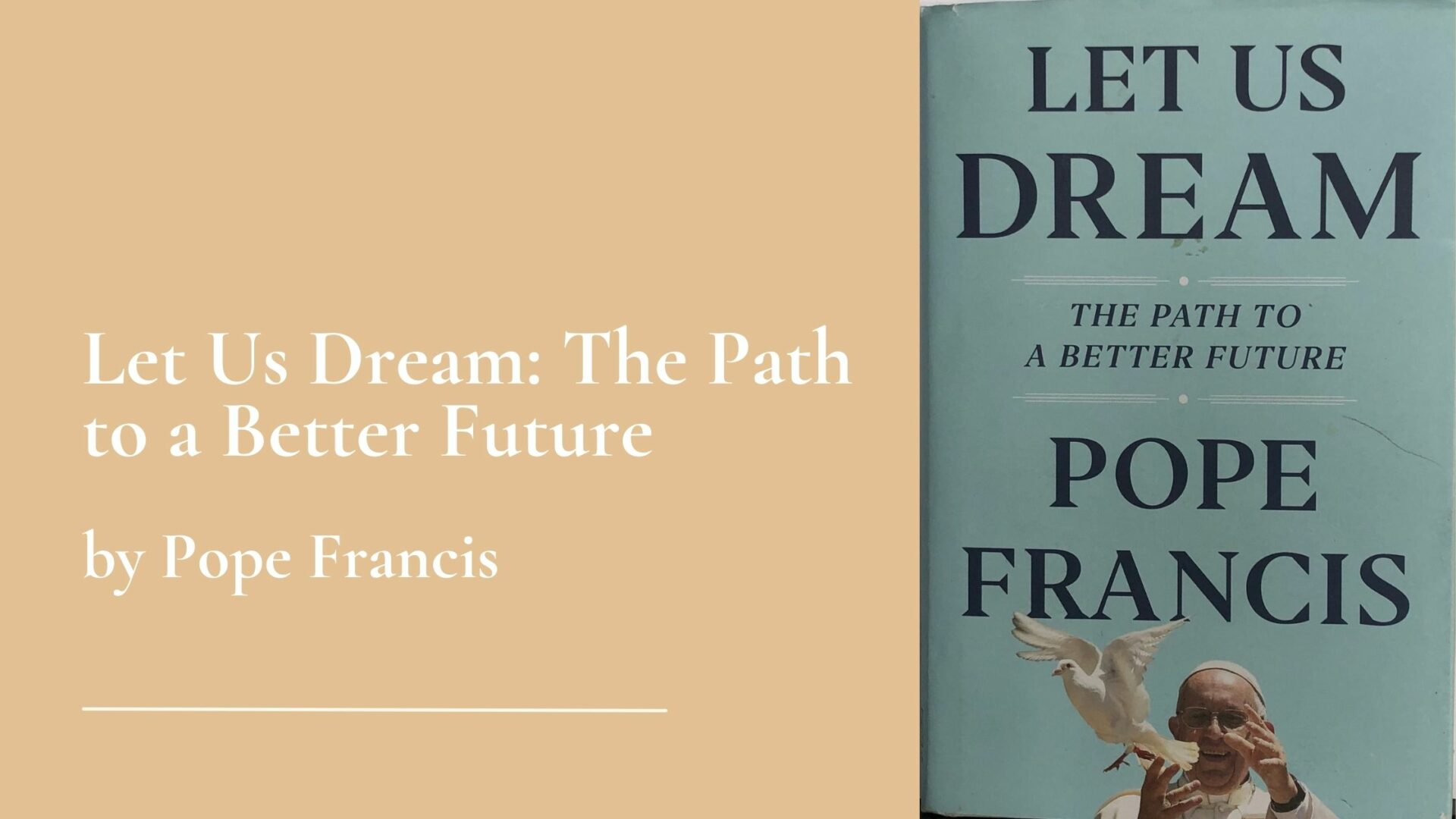



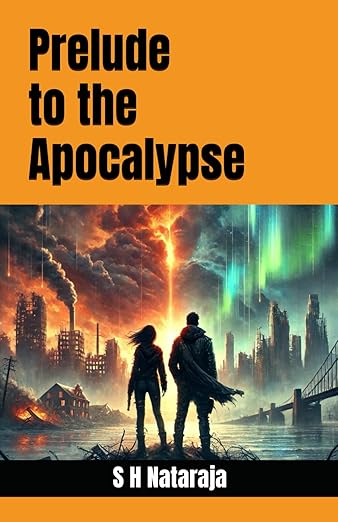
7 thoughts on “Let Us Dream: The Path to a Better Future, Pope Francis”
Thank you Kim for your wise and refreshing reflections and teachings, always a joy to read.
For all your wonderful and insightful reflections Kim, my thanks. They are so helpful.
Thanks Kim for your beautiful,, simplifying words which have supported me these last two years. They have been so nurturing.. Greg
Gracias por compartir continuamente su sabiduría y experiencia….gracias
Thank you Kim for your beautiful reflections at this special time.
Everytime i read your teachings and sharing its as though i am in you and you are in me
Thank you Kim
The comments above seem to be about another review written by “Kim”, not Sarah Bachelard on Pope Francis.
Please correct. Thanks.